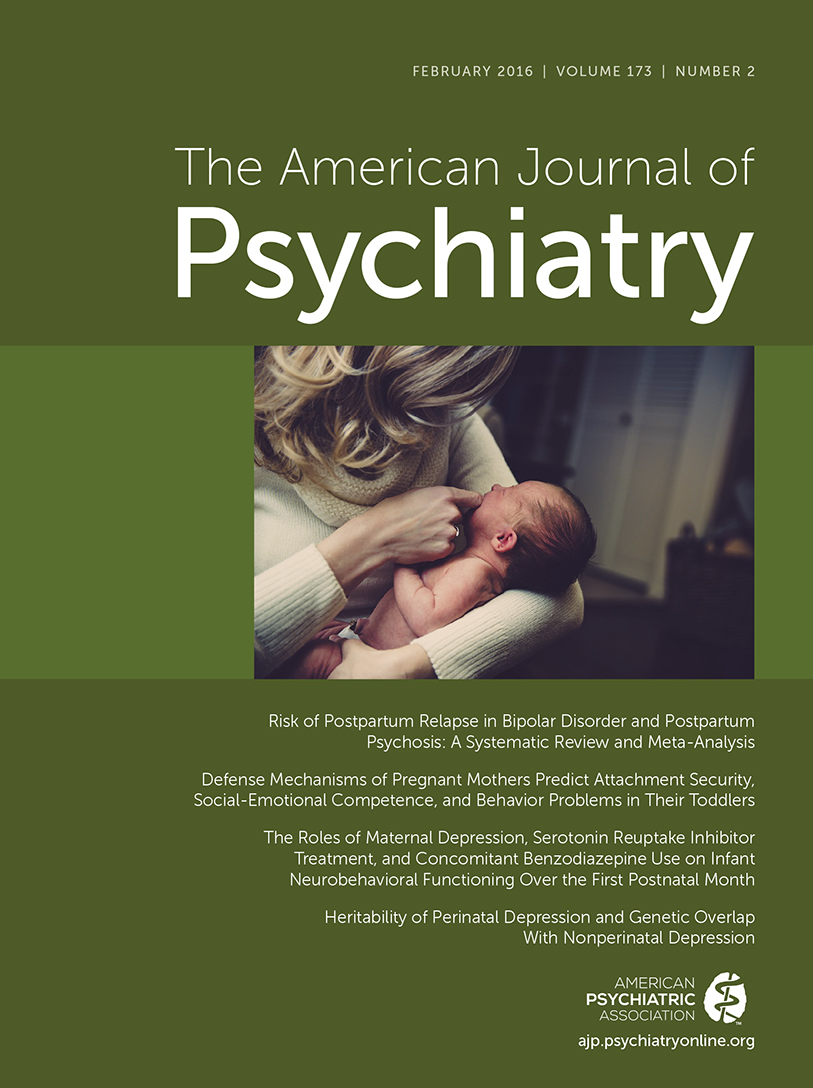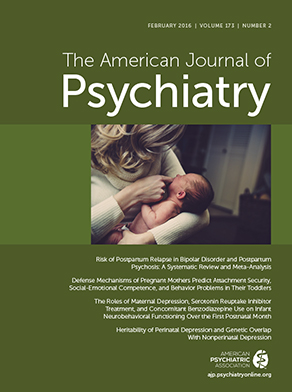Correctional psychiatry is not simply general psychiatry practiced with patients who happen to be prisoners—the restrictive nature of a correctional setting and the nature of the inmate population affect a whole host of treatment issues. Jails and prisons are two of the few settings in the United States where persons have a constitutional right to health care (
1). Fifteen years ago, few psychiatrists were actively writing about correctional issues. While many general psychiatrists practiced in correctional settings, at forensic and general psychiatry meetings there were few presentations on correctional issues. There also was little literature and few reference books to which a practitioner could turn when faced with a clinical problem that was specific to corrections. Since then, the number of mentally ill patients in correctional settings has exploded—a 2014 study estimated there were 10 times as many mentally ill persons in jails and prisons as there were in state mental hospitals (
2)—and a number of books about forensic mental health were published to assist practitioners in corrections with their work.
The
Oxford Textbook of Correctional Psychiatry, edited by Trestman, Appelbaum, and Metzner, three nationally known forensic psychiatrists, differs from earlier works in several key ways. First, it focuses on psychiatry, not forensic mental health generally. Second, it uses the medical “textbook” model of
Harrison’s (
3) and
Kaplan and Sadock (
4): many (71) concise, narrowly focused chapters, as opposed to fewer, more wide-ranging chapters. The list of chapter authors reads like a
Who’s Who of nationally known correctional psychiatrists.
The chapters are divided into 13 sections. The first three sections cover general issues of background, correctional organization structure, and the patient management process. The remaining 10 sections focus on specific issues of patient management. The management sections take different perspectives, ranging from general issues (such as malingering) through interventions (such as psychotherapy and psychopharmacology), disorders, distinct populations (such as juveniles and sex offenders), and special topics (such as hunger strikes and quality improvement). The textbook structure is particularly useful for the psychiatrist who is seeking an answer to a focused question or problem. Among the challenges facing editors of a comprehensive textbook with more than 90 authors is to make sure that as many areas as possible are covered and that there is little redundancy. I asked myself a number of questions about issues in correctional psychiatry and was able to find answers to almost all of them in the book. To take but one example, should a clinician prescribe a stimulant to an adult prisoner with symptoms of attention deficit hyperactivity disorder, given the risk of malingered drug seeking for stimulants and the potential diversion of stimulants to other inmates? The Oxford Textbook is particularly strong in providing nuanced discussions and answers to a wide array of such questions, and it is organized in such a way that the reader can rapidly jump to the relevant chapter. The chapters also do a good job in avoiding redundancy and in maintaining a focus on those aspects in which treatment in corrections differs from general psychiatry. This is a book that will likely be read in bursts, as the need arises. (And the short answer to the stimulant question is a qualified yes.)
With its wide coverage, excellent authors, and up-to-date practical guidance, this text is a very valuable reference for psychiatrists working in corrections and for those interested in the ways in which correctional psychiatry differs from general psychiatry. One caveat for British Commonwealth readers: notwithstanding “Oxford” in the title, the book focuses almost exclusively on correctional systems in the United States.

